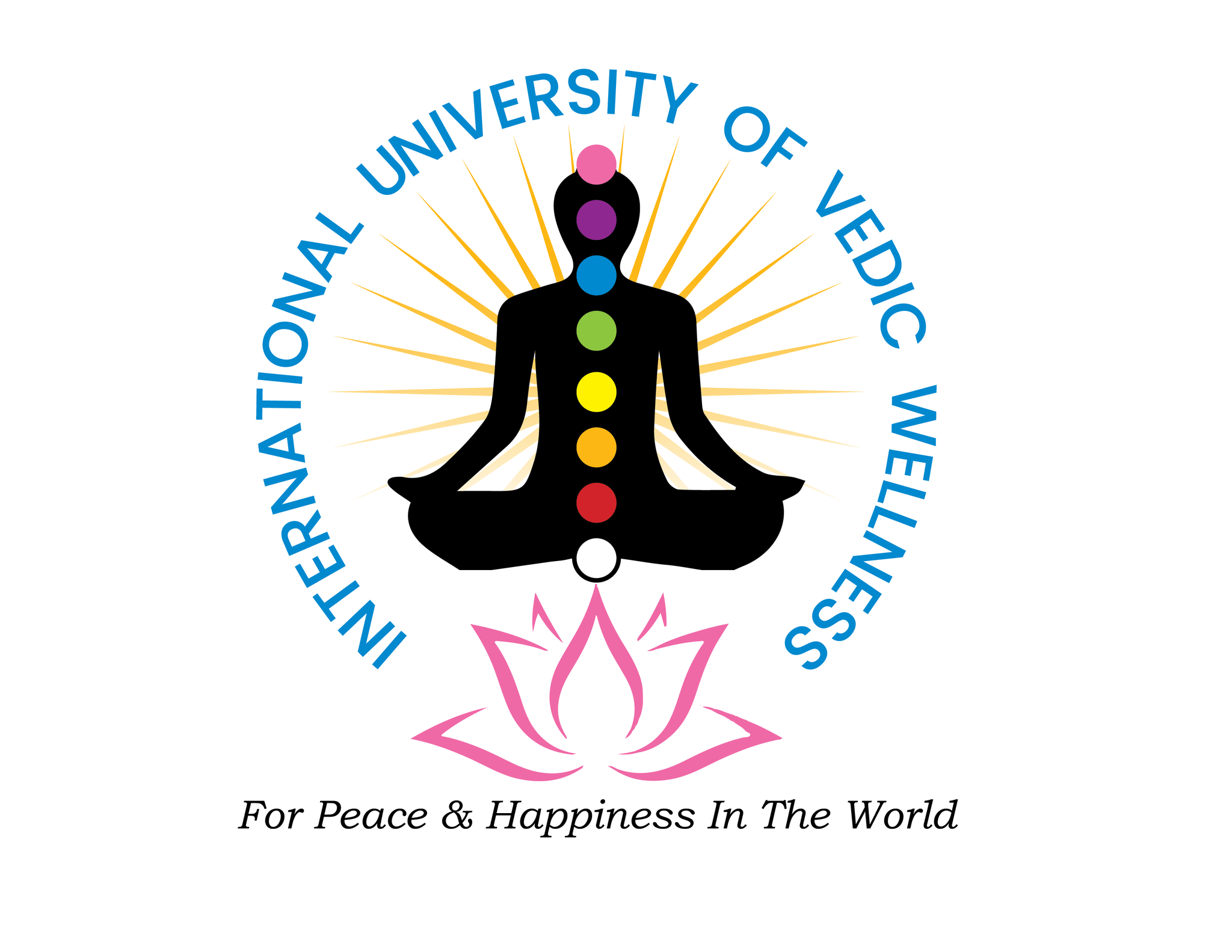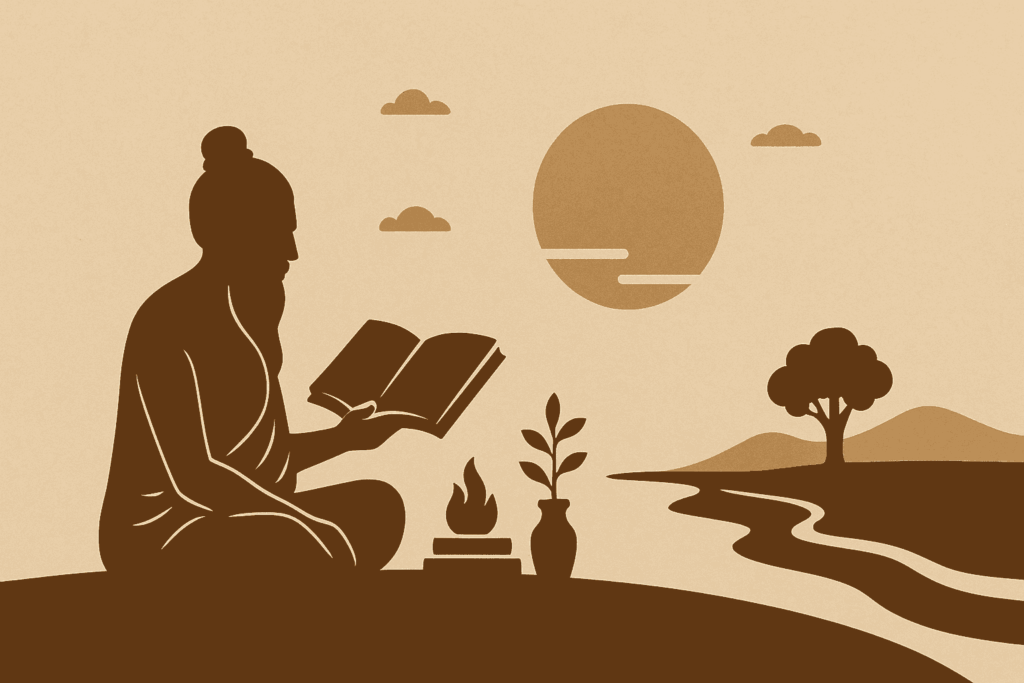In today’s fast-paced, hyperconnected, and often fragmented world, the ancient Sanskrit mantra ‘Lokaḥ Samastāḥ Sukhino Bhavantu’ holds striking relevance. Translated as ‘May all beings, in all realms, be happy and free,’ this simple yet profound verse serves as both a spiritual invocation and an ethical call for planetary harmony.
At first glance, it may seem like a prayer recited at the end of a yoga class or a temple ritual. But behind its lyrical beauty lies a deeply integrative worldview, one that unites emotional health, social responsibility, ecological balance, and even modern neuroscience.
A Prayer Rooted in Inclusiveness
The word ‘lokaḥ’ means ‘world’ or ‘realm,’ while ‘samastāḥ’ implies ‘all together’ or ‘collectively.’ ‘Sukhino’ refers to happiness or well-being, and ‘bhavantu’ is a gentle wish or command-’may it be so.’ Together, the mantra urges us to expand our circle of care-not only to our families or communities, but to all sentient beings across space and time.
This philosophy echoes the Vedic concept of Vasudhaiva Kutumbakam-’the world is one family.’ It teaches that wellness is not a personal achievement, but a collective reality. One cannot be truly happy while others suffer, nor can we thrive in isolation from the planet that sustains us.
The Science Behind the Sentiment
Interestingly, modern research supports this ancient wisdom. Studies on compassion meditation, such as loving-kindness practices, reveal measurable shifts in brain function. When individuals actively wish happiness and freedom for others, it activates regions like the insula, prefrontal cortex, and anterior cingulate cortex; areas responsible for empathy, decision-making, and emotional regulation.
Regular practice of such intentional thoughts leads to:
| Impact of Chanting and Compassion Practices | Scientific Findings |
| Activates medial prefrontal cortex & insula | Enhances empathy and emotional processing |
| Increases vagal tone | Improves heart-rate variability and stress resilience |
| Lowers cortisol levels | Reduces chronic stress and anxiety |
| Boosts oxytocin and dopamine | Enhances trust and social connection |
In simple terms, when we wish well for others, our own body heals.
A Blueprint for Planetary Health
The mantra also aligns with current global health frameworks like the One Health and Planetary Health models, which recognize the interconnectedness of human, animal, and environmental well-being. When we chant ‘Lokaḥ Samastāḥ…’, we affirm this interdependence.
Let us think about the concept that air pollution increases mental health disorders. Biodiversity loss impacts the human microbiome. Social inequality contributes to chronic illness. In such a world, well-being must be shared to be sustainable.
From this view, the mantra becomes a daily reminder that our actions-what we eat, how we travel, how we treat others ripple outward. It nudges us toward ecological sensitivity, non-violence, and sustainable living.
| Vedic Value | Modern Health Parallel |
| Ahimsa (non-violence) | Sustainability & ethical living |
| Bhūta-dayā (compassion) | Animal welfare, biodiversity preservation |
| Samatvam (equanimity) | Emotional resilience & psychological well-being |
| Vasudhaiva Kutumbakam | Global citizenship and collective responsibility |
The Yogic Integration
In the Yogic tradition, this mantra is often recited at the close of a practice to seal the energy and extend its benefits beyond the self. But it is more than a ceremonial afterthought. It expresses the core of Yoga’s purpose, not just union with the Self (Atman), but union with all beings (Sarvatma Bhava).
Paired with slow breathing or Bhramari Pranayama (Bee Breath), this mantra enhances parasympathetic activation, leading to calmness, improved sleep, and better mental focus. In Ayurveda, it’s considered a form of Mantra Chikitsa, means a sound-based healing that balances Doshas (Vata, Pitta, and Kapha) through vibration and intention.
From Intention to Action
Importantly, this is not a passive prayer. It’s an invitation to embody its meaning. Every time we choose empathy over judgment, kindness over reaction, or sustainability over convenience-we live this mantra.
Imagine beginning your day not with stress or social media, but by silently repeating:
‘Lokaḥ Samastāḥ Sukhino Bhavantu.’
You align your nervous system, center your emotions, and radiate a field of well-being that subtly transforms your home, your workplace, and your community.
A Thought to Carry Forward
In a world urgently seeking peace, sustainability, and healing, this mantra offers a timeless tool that bridges spirituality and science.
When we chant for the happiness of all beings, we activate the happiest, healthiest version of ourselves.It’s not just a chant.
It’s not just a wish.
It’s a lifestyle-a vibration-a quiet revolution.




